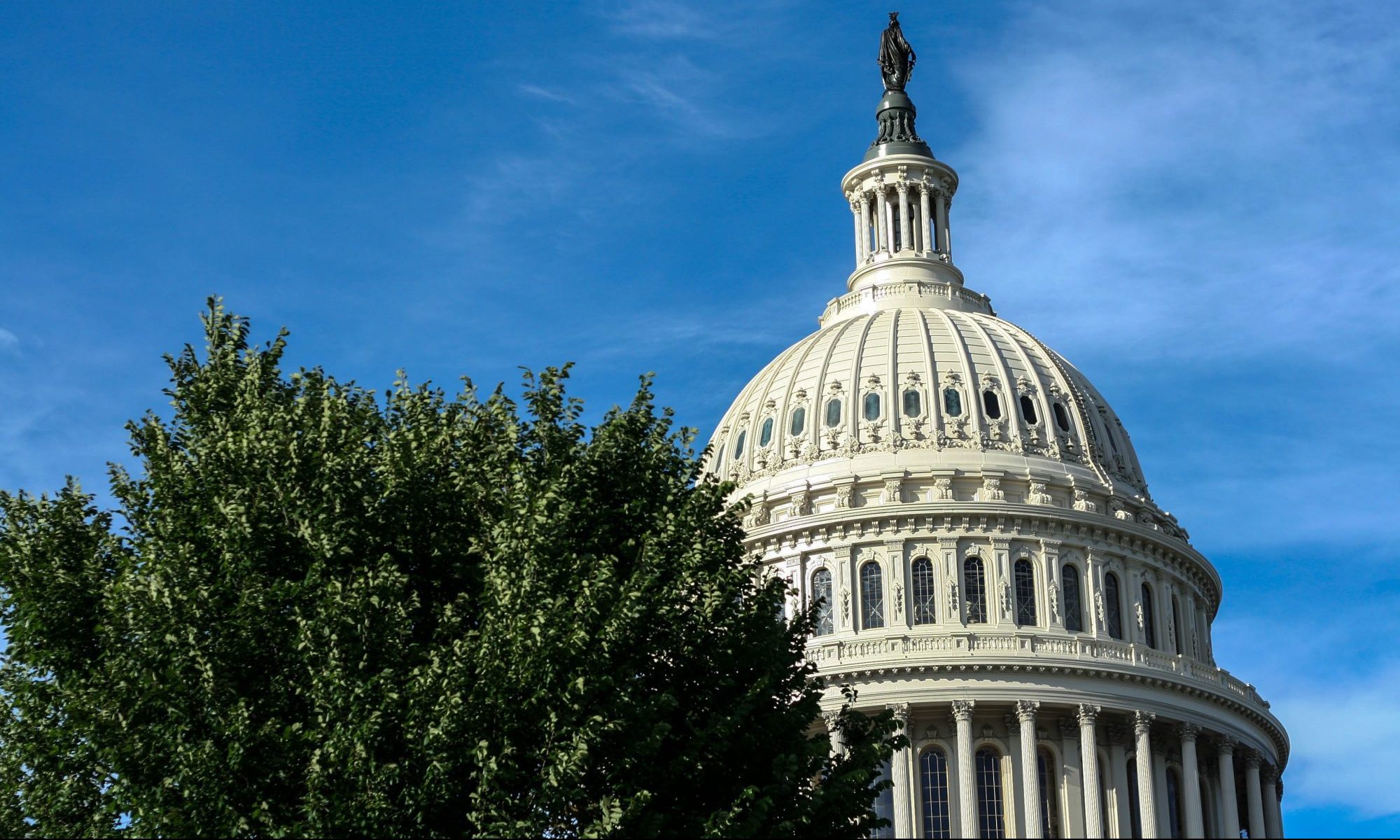Tuesday, Patrick Gottsch and RFD-TV unveiled an advocacy campaign to urge Congress to pass legislation, the Rural Communications Act of 2018, requiring that major multichannel video programming distributors to provide rural content to their subscribers.
The Rural Communications Act of 2018 requires that at least one percent of a distributor’s channels shall host content “dedicated to rural news and weather, information on commodity markets, rural healthcare, rural development, rural education, and other content relating to the needs and interests of farmers, ranchers, and the rural lifestyle.”
RFD-TV is the flagship network for the Rural Media Group, and is the nation’s first 24-hour television network featuring programming focused on the agribusiness, equine and the rural lifestyles, along with traditional country music and entertainment.
Patrick Gottsch is the President and Founder of RFD-TV. On Wednesday, Gottsch had a lengthy conversation with the Alabama Political Reporter about the Rural Communications Act of 2018.
President Gottsch told APR that all they are asking is that the major video delivery companies set aside just one percent of their channels for rural programming. On a 300 channel cable provider that would be just three or four channels.
APR asked Gottsch if he had a Senator and Congress member to sponsor his bill yet.
Gottsch said that they are considering several and that reception for the bill has been supportive. Everyone I have talked to on Capitol Hill has expressed support for the legislation both from rural and urban districts.
Gottsch and his team argue that multichannel video programming distributors, including the cable companies, are not currently meeting the needs and interest of rural America. It is in the public interest for multichannel video programming distributors to meet the information needs and interests of rural America and there are special need for news, weather, and commodity market information, which is unique to rural America, is being ignored by urban news conglomerates. Recent mergers in the cable TV business have meant that cable TV has become even more over representative of urban America in its current programming.
“There are 70 million people in rural America,” Gottsch told APR, The problems of rural healthcare are different than healthcare in urban America. Rural America deserves to have their news reported. Rural education is different than urban education. Rural America has their own sports. Business channels broadcast from the stock market in New York. Our Market Watch programming broadcasts from the Chicago Mercantile Exchange and is agricultural commodity focused.
“Urban cable conglomerates say they provide “rural tv,” but they don’t get it. Petticoat Junction, Beverly Hillbillies, and Dukes of Hazard are not the vital rural programming our viewers depend on,” Gottsch said in a statement. “Farmers and ranchers depend on rural news, weather, and commodities market information.”
The Rural Media Group owns both RFD-TV and the Cowboy Channel, which focuses its programming toward the cattle industry, horse enthusiasts, and rodeo sports.
APR asked would this legislation make you a monopoly or do you think it would encourage more competition in the rural communications sector?
“Absolutely it would lead to more competition,” Gottsch said. “I know of people who have tried to start a competitor rural network.” and they went around and talked to the video delivery companies and they wanted them to buy their way in and the economics just weren’t there.
Gottsch said that he believed that the legislation would lead to RFD-TV having a competitor network,
“Rural folks have to have the ability to communicate,” Gottsch added. Not just to each other but also for rural America to talk to urban America. Comcast currently has 55 Hispanic channels and 8 African American channels. We support that diversity and believe that rural America should also have their voice represented.
RFD-TV would like to be part of everyone’s base channels package and not just be relegated to an upper tier channel that people have to pay more money for.
I have been testifying before Congress and to the FCC about the loss of rural programming Gottsch said. Rural Americans have special needs for news and information that are not being met now. There is a big push for expanding rural broadband and we support that; but we should also have rural programming along with that rural broadband.
“We want to attach this to the farm bill,” Gottsch told APR.
The House of Representatives has passed one version of the Farm Bill that sets Agriculture and supplemental nutrition assistance benefits for the next five years. The Senate has passed a different version of the Farm Bill. The two differing versions of the Farm Bill are now in a conference committee. Only 20 percent of the Farm Bill deals with agriculture policy. Eighty percent of the funding in the Farm Bill actually goes for the Supplemental Nutrition Assistance Program (SNAP). Many Americans still refer to this program as “Food Stamps.” The House Republican version of the bill requires that able bodied adult SNAP beneficiaries either be enrolled in an approved job training program or work at least 20 hours per week, and that can be in a volunteer role for a government, non-profit cause, or Church. The bipartisan Senate version of the bill has no work requirements to receive SNAP benefits.
APR asked Gottsch, we recently heard from Senator Doug Jones (D-Alabama) that if the conference committee approves a version of the Farm Bill with work requirements for SNAP that the Senate will not support it. We have talked with Congressman Gary Palmer (R-Hoover) and he told us that the House won’t pass a Farm Bill without the work requirements. Are you concerned about the Farm Bill not passing even with your legislation attached.
“I have heard the same thing.” Gottsch said. Gottsch however was optimistic that adding the Rural Communications Act to the bill would help find consensus and help the Farm Bill pass.
Gottsch said that the Rural Communications Act is not unprecedented. In 1893 the Congress passed legislation giving rural Americans free postal delivery (RFD) and in the 1930s urban America had electricity and rural Americans did not. The Rural Electrification Act of 1937 brought electricity to rural areas.
Patrick Gottsch has taken to the air waves, asking his viewers to call their Congress members and Senators to ask them to support the Rural Communications Act of 2018.






















































